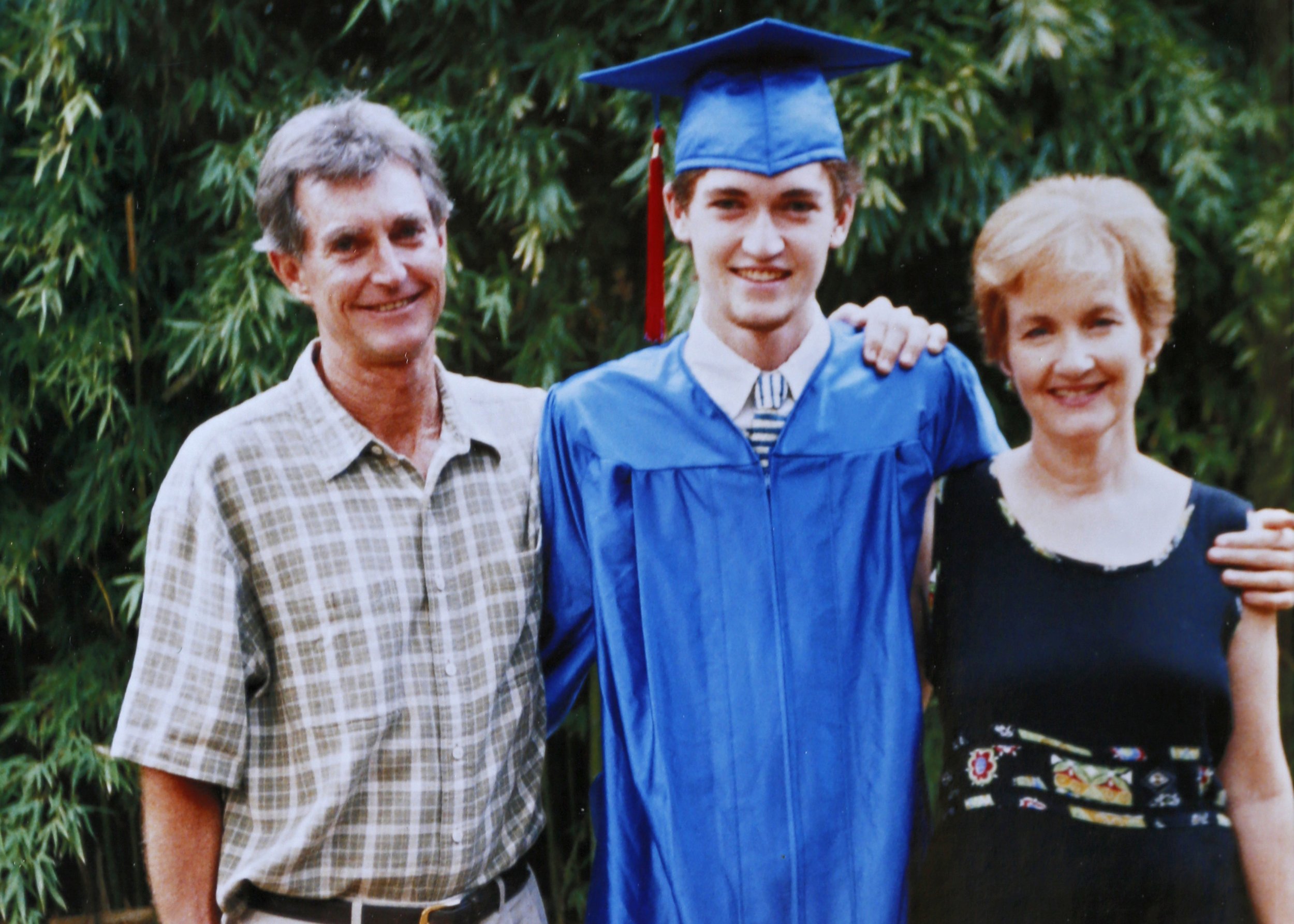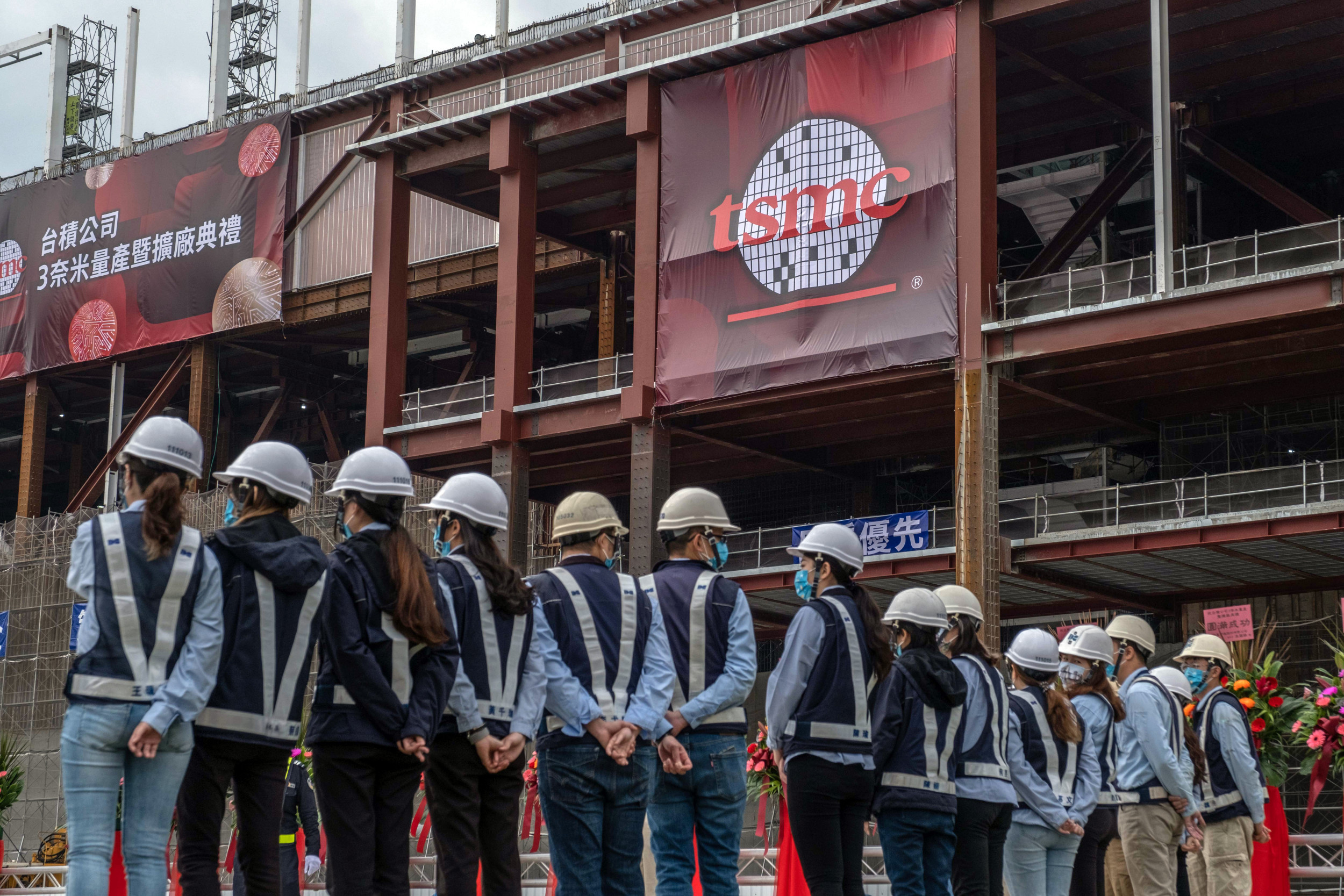Orthodoxies pry,
prickly as always. “Special
friend” will pry me open
A queer Marathi language romantic drama with the mottled, lingering emotional punctuation if not always the verbal pithiness of a haiku, Rohan Parashuram Kanawade’s narrative feature debut “Sabar Bonda” (“Cactus Pears”) brings to earth its gay protagonist’s existential limbo by resorting to a perennially reliable inciting incident: the death of the patriarch, followed by a period of culturally specific mourning.
Anand (Bhushaan Manoj), a thirty-year-old soft-spoken call center worker living in Mumbai, has come out only to his parents, not to his extended family in his ancestral village in the state of Maharashtra to which he returns for a customary ten days of grieving. That exception itself is noteworthy. Parental acceptance is the destination of many LGBTQIA+ movie plots, even though recent queer cinema seems to have veered away from the trope. In the South Asian context, and particularly in a rural, agricultural, middle India setting where elderly relatives and aunt figures remain avid arbiters within the institution of marriage, for a story to begin with the protagonist’s mother, played with disarming transparency by Jayshri Jagtap, in cahoots with her son to maintain his privacy and defend his choice to not wed, is surprising — and rare.


That powerful mother-son bond is one of two mood scapes of intimacy that Kanawade conjures in “Sabar Bonda,” a film speckled with stretches of sensuousness and moments of overdue, barrel-shaped embraces, shot decisively with unapologetic realism or transportive reverie, and framed by cinematographer Vikas Urs either in tender wides or in extreme closeups of faces geometrically arranged on unexpected corners of the screen.
The second bond is one the story resolutely builds, between Anand and Balya (a luminous Suraaj Suman), his estranged childhood friend, now a farmhand and goat herder who stayed back in the village, who isn’t out to anyone in his family, and has also been fending off pressure to get married. The two men get reacquainted, as Anand accompanies Balya and his goats in long lazy days, gaining respite from visiting mourner relatives. Together they muse about the reduced number of cactus pear plants (elsewhere known as prickly pear) in the region, a bygone beloved mango tree, and the general usurpation of the rural, while sharing their armor of excuses, some cheeky, to remain unmarried.
“Unmarried men” is arguably a new category of marginalization explored in the Indian cinematic canon. In South Asia it is typically the girl child who represents the burden for her family, be it via the vice of dowry, the curse of being lower caste, or the tainted blessing of education. “Sabar Bonda” is commendable in how it demonstrates the unique silent pains borne by many queer men who, despite their male privilege, have to fight to remain unattached (same sex marriage is illegal in India), to not be infantilized, and to realize relationships longer lasting than quick clandestine sex.
Per the ideology dominating the film’s world, the ilk of Anand and Balya can best hope to be “khaas mitra,” translated as “special friends,” but Kanawade tinges the term with a certain angst, and Manoj embodies it with mini trembles that jump off his lithe body like untuned radio waves. The “khaas mitra” workaround is met with curiosity from some quarters, and would be with a surefire pariah status from others. Just as the rural is shorn of indigenous flora and female fetuses, as Balya observes in macabre ordinary fashion (referring to high rates of female infanticide), the dream of a life spent with special friend is a depletion reimagined as a marginal gain by the marginalized.
“Sabar Bonda” doesn’t preach the ideal of a full, happy love life, and perhaps doesn’t even care for Western AKA colonialist ideas about self-actualization. What it does well is allow glimpses of sadness and incompletion in the interstices of its poetic candids. Its most riveting scenes feel like suspended, painterly vignettes — recalling the haiku’s stoppages and liltingness — even though its narrative stitches ten days of chronological time.
Sadness indeed, yet there is levity, directness, even eroticism. It is in these modes one wishes the film lavished longer, or at least transitioned to and away more smoothly, just as “Call Me by Your Name,” “Viet and Nam,” and “Moonlight,” whose assured overlaying of moods onto themes might have inspired how Kanawade approaches characterization. Balya, more secure in his freelancer farmer status, turns on a pillow to peer through Anand, dispelling some of his friend’s newfound doubt regarding his late father’s acceptance of his queerness. It is Balya who perceives how Anand’s luscious unruly curls crave caress.
A heartbreaking early image of Anand quivering on his haunches before the funeral pyre is what Balya interprets as an invitation to his friend to relax under the shade of childhood trees. Balya might be the more active character, but Anand too reciprocates to salvage Balya. Away from prying eyes, these unmarried men transcend the limits of special friends: momentarily, they become unmarked dreamers roaming the pastures of desire.
A challenge that emerges when a film luxuriates within its scenes of intimacy is following through on casually introduced narrative conflicts. Anand apparently had a brother who died a long time ago. He also had a lover in the city who stopped responding to his texts once he got married. In most stories, these clashes would form discrete subplots. While “Sabar Bonda” does succeed in grafting an overall arc of grief on its protagonist — the ending converses with the opening poignantly — it does oddly feel a bit busy, succumbing to too many scenes of prying relative banter. Like many recent international festival films from Asia and MENA, this film cycled through several labs and co-production markets, so its slightly topsy turvy identity as chatty social drama versus queer poetry film isn’t unexpected.
Kanawade’s assured debut centers gay men and defiant accepting parents in a rural setting where mourning is more than a short term assortment of beguiling traditional practices and contradictory expectations. The film’s honesty, whether loquacious or laconic, sears even more in the absence of a score. Its observational ethos is remarkable given that it is quasi-autobiographical.
The filmmakers prepare us by removing the thorns of the cactus pear and slicing open the fruit across its center. They ask us to remember the faces of the men about to bite into the flesh. To befriend them even, because respite from their diverse griefs can disappear quickly into the downs of a staunch, arid landscape.
Grade: B
“Sabar Bonda” premiered at the 2025 Sundance Film Festival. It is currently seeking U.S. distribution.
Want to stay up to date on IndieWire’s film reviews and critical thoughts? Subscribe here to our newly launched newsletter, In Review by David Ehrlich, in which our Chief Film Critic and Head Reviews Editor rounds up the best new reviews and streaming picks along with some exclusive musings — all only available to subscribers.




















 English (US) ·
English (US) ·